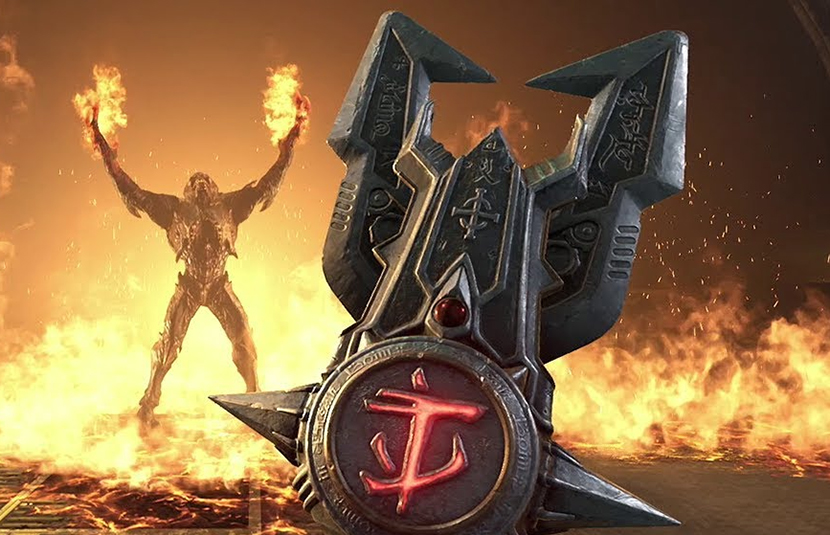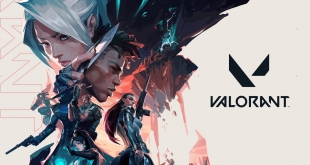Doom 2016 had a masterful soundtrack, all composed by Mick Gordon. Due to the popularity of that OST, Gordon was brought back in to produce the soundtrack for Doom Eternal, but the relationship between Gordon and id Software began to sour and ultimately, the two parted ways. The blame for this was mostly placed on Gordon, with id Software claiming the composer failed to meet deadlines. Now, Gordon has spoken out and told his side of the story.
Gordon has previously spoken up on the issues with Doom Eternal's OST and also made efforts to rectify the situation to no avail. In a new post on the matter, Gordon defends his position following a 2020 Reddit post from id Software director, Marty Stratton, which put the blame on Gordon for the soundtrack's inferior quality compared to DOOM (2016).
According to Gordon, Marty's post wasn't truthful and after some legal back and forth, id Software offered Gordon a ‘six figure' settlement on the condition that an NDA be signed. Rather than taking the offer, Gordon posted his side of the story in a lengthy Medium post this week. In the post, Gordon says that the soundtrack was poorly managed from the beginning, and was even announced with his name attached before any contract had been signed. After the announcement, id Software played hardball with negotiations, forcing Gordon to go to Bethesda directly to work out a deal for a 12-song soundtrack album.
Issues getting the contract in place are what led to the OST's initial delay, which Bethesda announced on the 11th of March 2020. Gordon's contract apparently wasn't even finalised until a week later, on the 18th of March. This changes the narrative quite a bit, as Marty Stratton previously claimed that Gordon was failing to meet deadlines, but if what Gordon says is true, then there wasn't even a contract in place for him to produce the album until days before the game was released. Previously, Stratton also claimed that Gordon asked for a number of contract extensions, but the agreement made in March 2020 came with a mid-April deadline, indicating that previous delays for the OST were not Gordon's fault.
Things got worse after the deal had been worked out though. According to Gordon's account, id Software leveraged plenty of creative control and apparently barred Gordon from making important decisions, like which songs to include, the track order, song titles and more.
When this drama was going down, id Software claimed it did not have access to a number of files needed to properly put the OST together. However, Gordon says that under contract, he was obliged to hand over all source materials, including production files, stems, mix sessions, raw recordings, demos and more. While id Software announced the Doom Eternal OST with Gordon's name attached, the company had apparently been working on the OST itself for six months before a contract was agreed upon.
According to Gordon, the disinformation posted by Marty Stratton regarding the Doom Eternal OST has had an impact on his professional life.
The Doom Eternal OST still has its problems, the most obvious of which are the overly compressed files. Nobody from Bethesda or id Software has commented on the matter since Gordon's post. The company may have to though, as there are some serious accusations made and fans are not happy about the situation, as we can see from the influx of new comments on Stratton's original Reddit post.
Discuss on our Facebook page, HERE.
KitGuru Says: The Doom series is well known for its hard-hitting soundtracks and it was hugely disappointing when the issues between Mick Gordon and id Software came to light a couple of years ago. Now, it sounds like someone at id Software has some explaining to do because there was clearly a management mishap at play here.
 KitGuru KitGuru.net – Tech News | Hardware News | Hardware Reviews | IOS | Mobile | Gaming | Graphics Cards
KitGuru KitGuru.net – Tech News | Hardware News | Hardware Reviews | IOS | Mobile | Gaming | Graphics Cards



